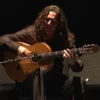Biography
(No Information)
Filmography
all 8
Movies 8
self 6
Self (archive footage)
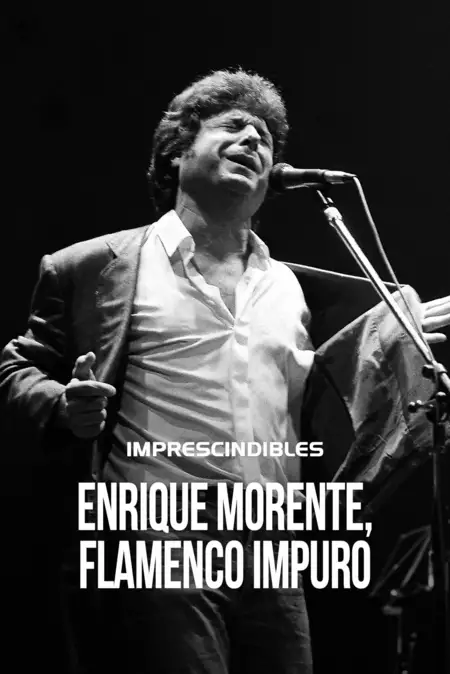
Enrique Morente: flamenco impuro (2021)
Movie
Cantaor
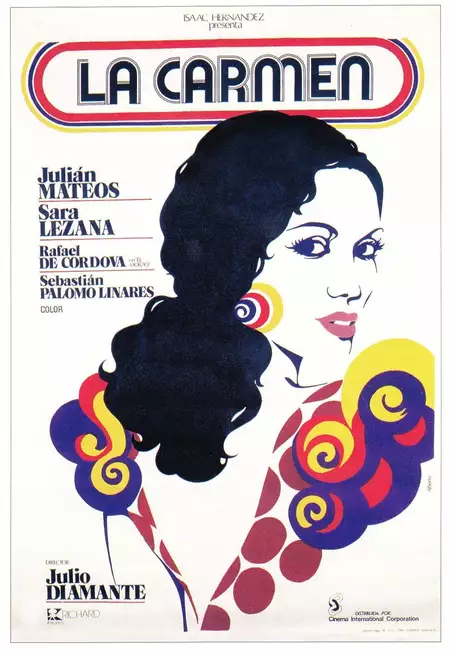
La Carmen (1976)
Movie
Information
Known ForActing
GenderMale
Birthday1942-12-25
Deathday2010-12-13 (67 years old)
Birth NameJosé Enrique Morente Cotelo
Birth PlaceGranada, Spain
ChildrenKiki Morente, Soleá Morente, Estrella Morente
CitizenshipsSpain
This article uses material from Wikipedia.
Last updated:
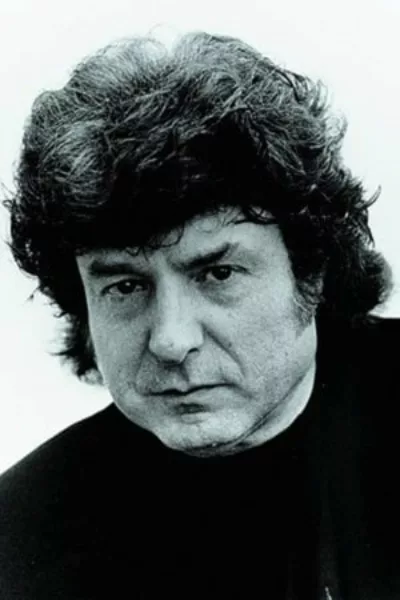 Enrique Morente
Enrique Morente- Filmography
- Information
- Related Persons
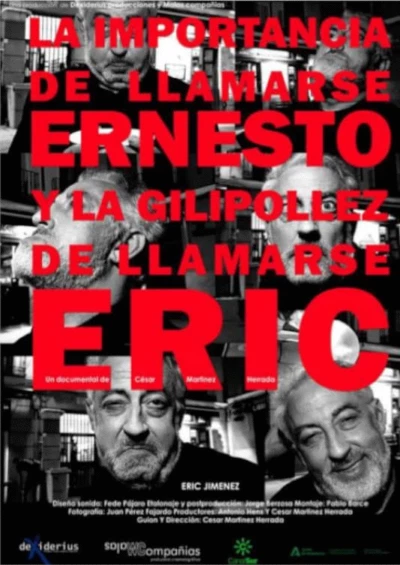
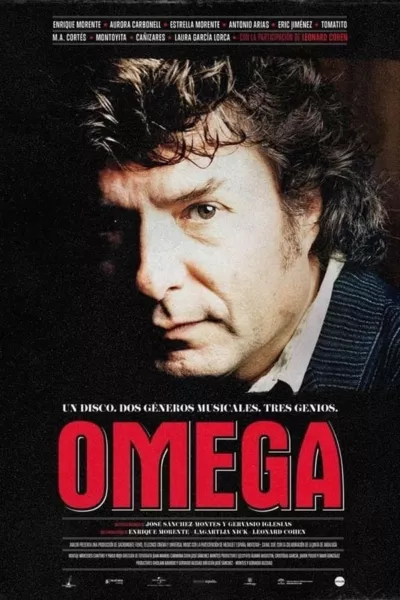
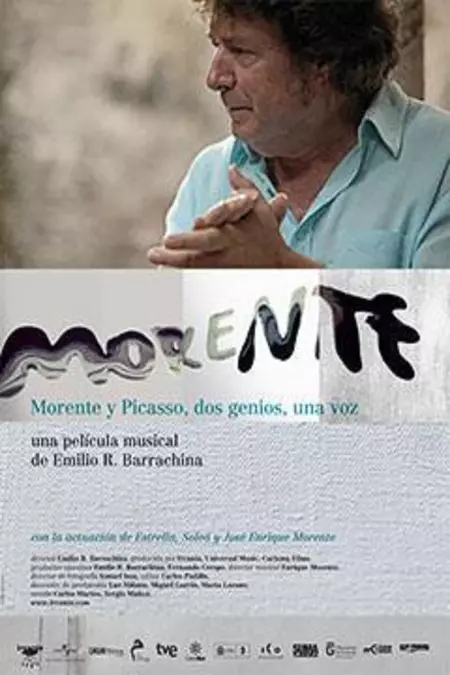

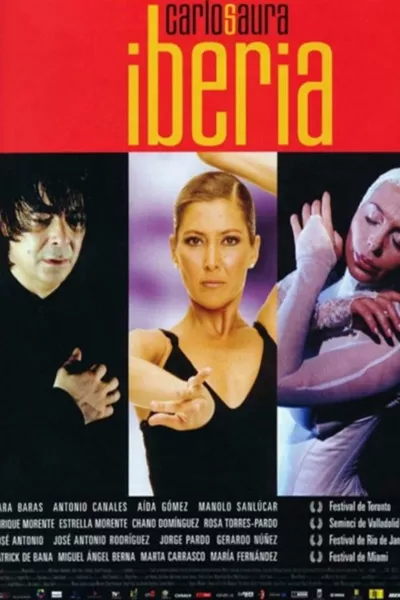
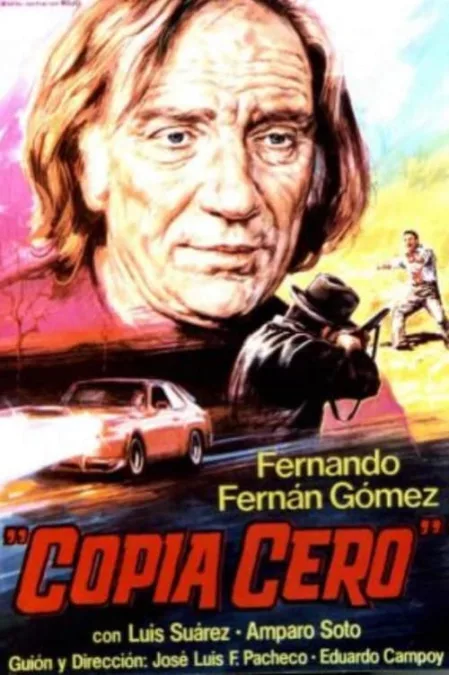

 ,
,
